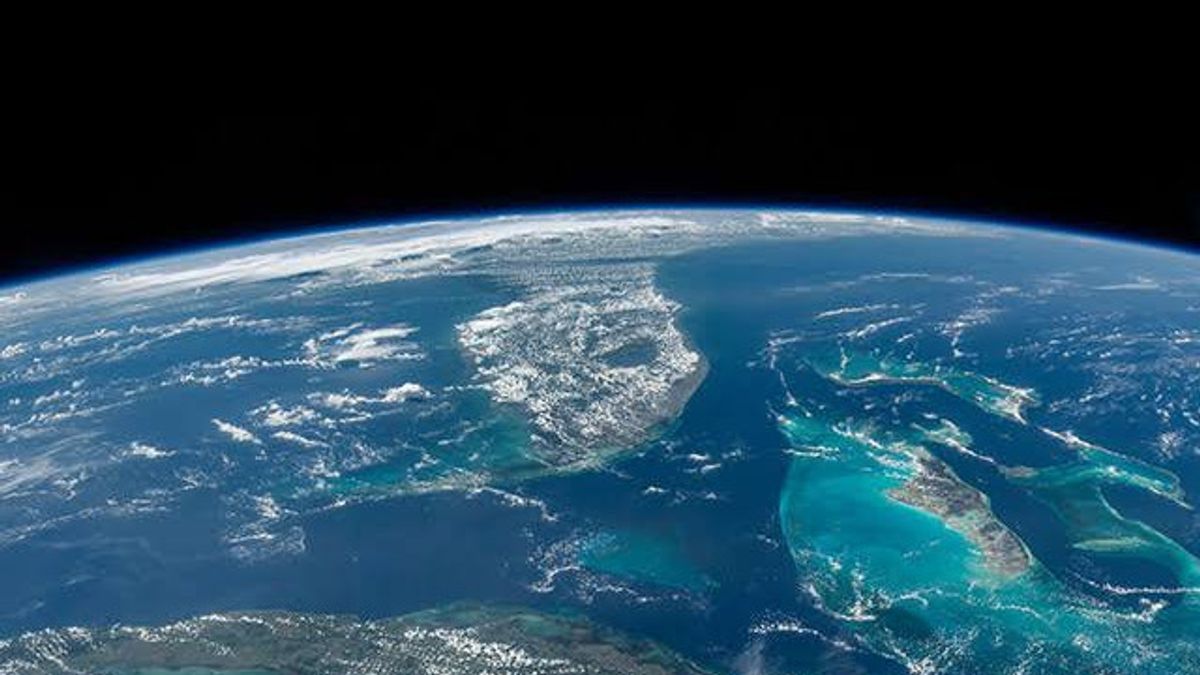JAKARTA - Scientists remind Earthers to be careful of the vital marine current system that helps regulate the Northern Hemisphere climate, could collapse at any time starting in 2025 and cause a global weather disaster.
These events can occur if the world continues to emit pollution that heats planets and will affect everyone on Earth.
A new study found that a vital system called the Atlantic Meridional Overturning Current (AMOC) and was part of the Gulf Stream, acting like an endless conveyor belt that powers oxygen, nutrients, carbon, and heat worldwide.
The system carries warm water from the tropics to the North Atlantic to cool and sink under the waters at higher latitudes, releasing heat into the atmosphere.
Then, after drowning under the ocean, the water slowly drifted south, heating up again with repeated cycles. However, scientists say, climate change caused by humans could weaken the AMOC flow.
Fresh water from melting ice sheets has made water less solid and salty. The latest research shows the current is at its weakest point in more than 1,000 years.
Previously, more than 12,000 years ago, the rapid disbursement of glaciers left the AMOC dead, causing a temperature fluctuation of the Northern Hemisphere of 10 to 15 degrees Celsius in a decade.
Unfortunately, the AMOC's power has only been monitored since 2004, leaving scientists with no long-term data clear on when the collapse might occur.
"The expected critical point - reminds us of continuing the business as usual with greenhouse gas emissions - much earlier than we expected," said co-author Susanne Ditlevsen, a professor of statistics and stochastic models in biology at Copenhagen University.
"That's not the result where we said, 'Oh, yes, this is him'. We're really confused."
اقرأ أيضا:
However, by incorporating the information obtained into a statistical model, scientists can measure the decrease in ocean current strength and resilience with fluctuations that continue to increase from year to year.
To convince his research, scientists then reduced the impact of global warming on water temperatures to understand how currents changed.
They found early warning signals from critical changes in the AMOC, which allowed scientists to predict with high confidence. However, all of this is just an estimate.
Scientists explained that examining it only strengthens their findings by predicting the system's collapse could start by 2025 at the earliest, and the more likely it is to continue in the 21st century.
Going forward, scientists will update their model with data from the last three years, which should narrow the predictions of the collapse. This study was published in the journal Nature, yesterday. This was quoted from Live Science, Wednesday, July 26.
The English, Chinese, Japanese, Arabic, and French versions are automatically generated by the AI. So there may still be inaccuracies in translating, please always see Indonesian as our main language. (system supported by DigitalSiber.id)


















